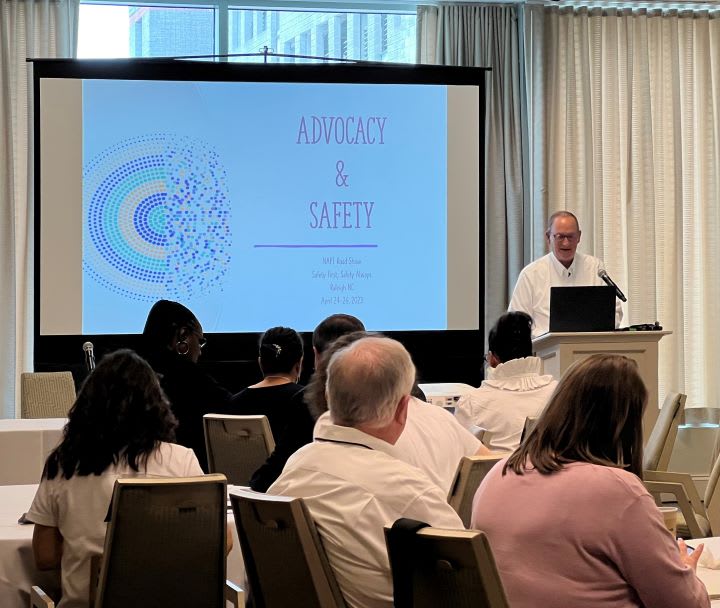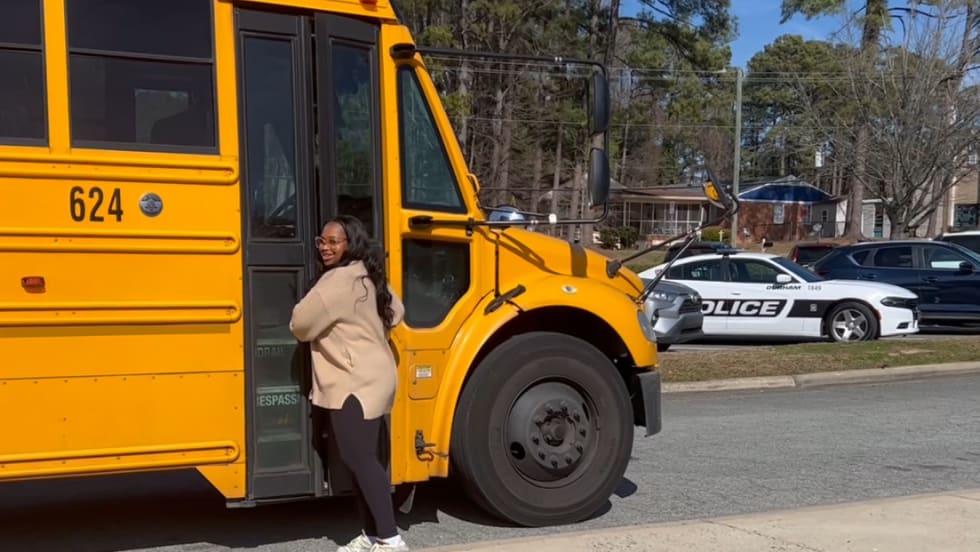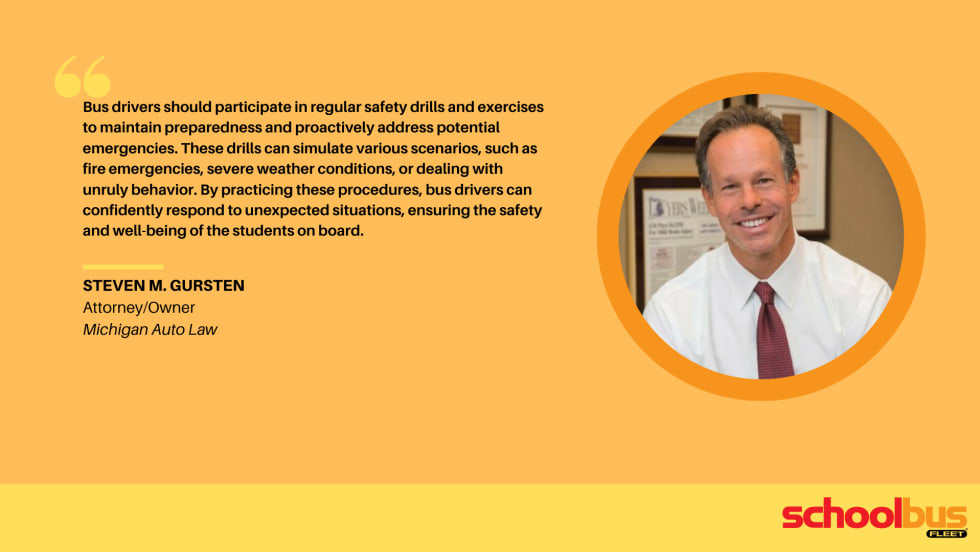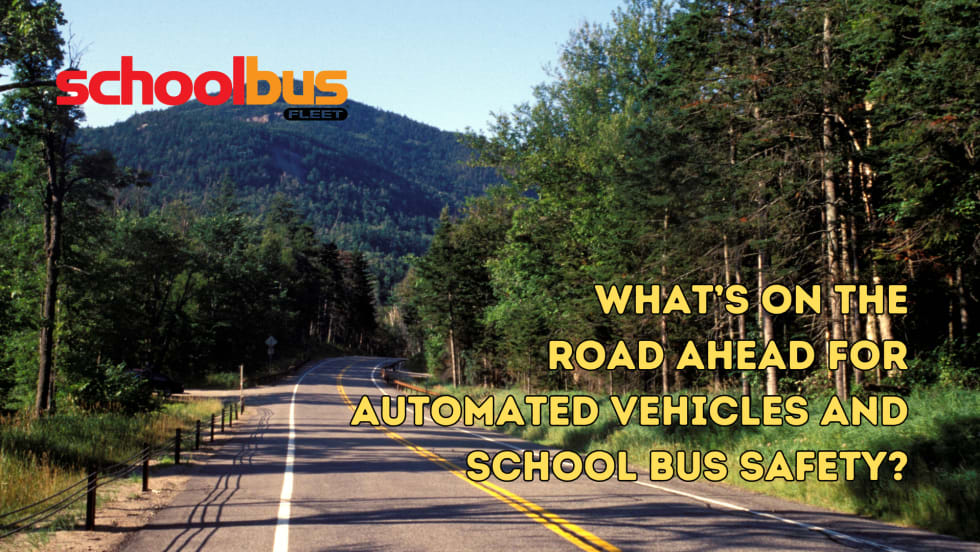My 5-year-old daughter reclined in the dentist chair for her latest checkup and the technician noted: “She doesn’t open her mouth very wide.”
Spoken by someone who’s not around when this child exults about a new episode of Bluey or rails against the unfairness of an early bedtime.
She’s a tiny but (sometimes) effective advocate for her interests. If she doesn’t tell me what she wants, I’m left to think she’s content. And, well, I usually know better than that, but I won’t always remember to ask.
As adults, we need to look out for our own interests too.
"Nothing...Just Happens"
When it comes to school transportation, managers, mechanics, drivers, and aides all find themselves facing the need to serve as an advocate. It might be on behalf of a student’s needs, or recommending new technology, or striving to acquire better diagnostic tools for the garage.
“Nothing you do or funding that you get just happens,” Peter Mannella told the audience at the National Association of Pupil Transportation’s Roadshow event in Raleigh, N.C. Mannella chairs NAPT’s Public Policy Committee and president of Policy Matters. His advocacy work has included helping with the creation of New York’s Stop-Arm Camera Law. “Someone out there is saying we should do something about that. Advocating for what you believe in is critical. If you don’t ask, people will assume you don’t need it.”
Among other things, you might advocate for:
What Else is Worth Advocating for in School Transportation?
But advocacy isn’t just holding a hand out to ask for something or complaining for the sake of the gripe. It’s also raising a hand to promote your department’s accomplishments, from a shining inspection record to improved route efficiencies.
It’s even worthwhile to discuss some negatives that are on your mind, whether there are more accidents lately, poor student-passenger behavior, or personnel problems. Speaking out about these issues – and leading the search for solutions – can improve the department and the day-to-day experience for your employees, their passengers, and their families.
“No one else can speak for you the way you can speak for you,” Mannella said. “You know what you do, how you do it, and what you need to get the job done.”
He encouraged school transportation professionals to:
Find reasons to attend and perhaps even get on the agenda for school board meetings to promote your efforts and speak for your needs.
Work on legislative agendas within the scope allowed by your district.
Get familiar with social media and how it can work for you – and against you.
Avoid unforced errors and compromised safety standards.
Molly McGee-Hewitt, executive director and CEO of NAPT, noted that it’s more common for teachers to show an affinity for promoting class accomplishments. “On the business side, they tend to be more self-effacing,” she said. Many folks in school transportation are humble, do the job, and “don’t expect to get a rose for it,” she said.
But that works against you. Meanwhile, speaking out can work for you, for the children that ride your buses, and for the long-term future of the industry.
Get engaged. Share your pain points. Celebrate your wins.
Don’t keep your mouth closed.
Got news? Reach out to Executive Editor Wes Platt at wes.platt@bobit.com. Follow The Route video podcast at youtube.com/c/schoolbusfleet.














